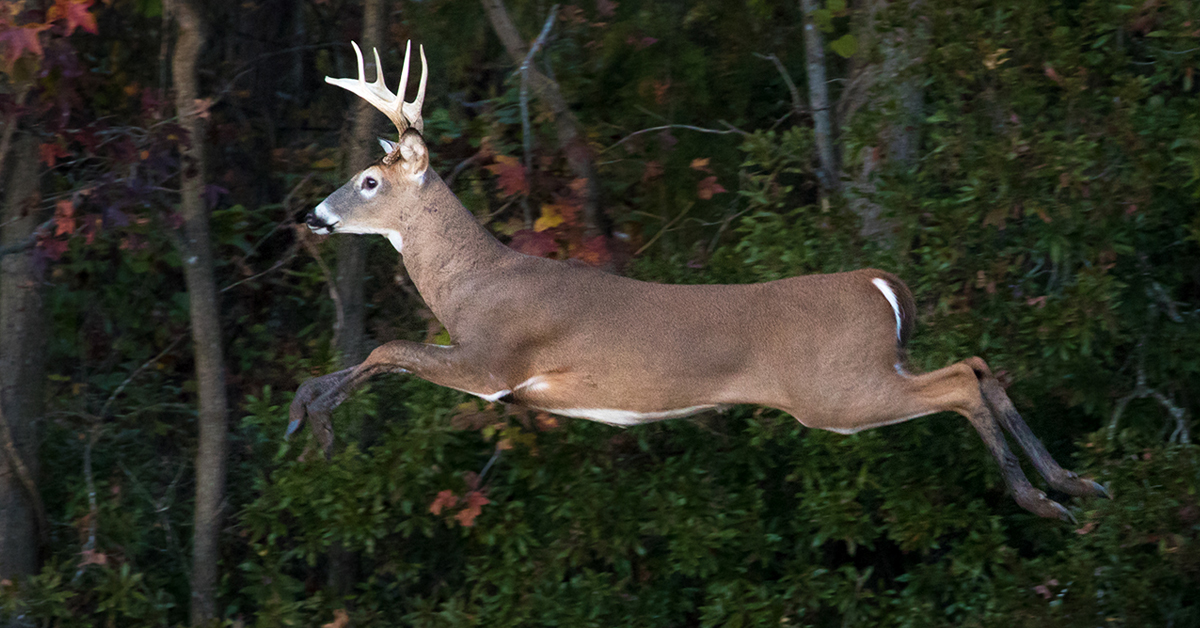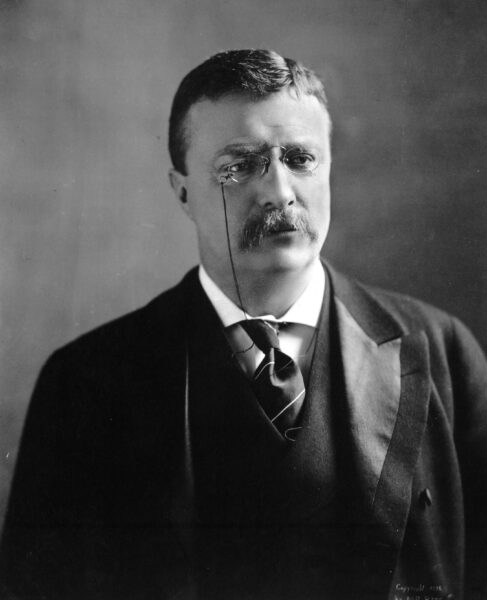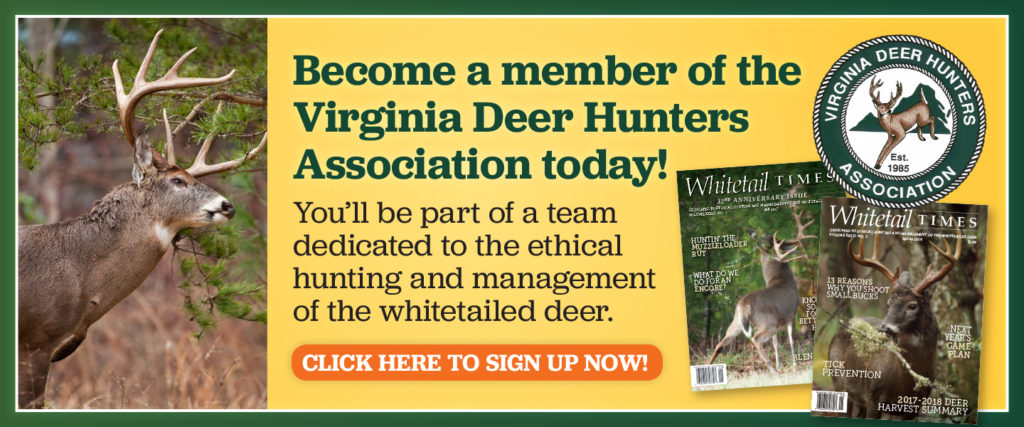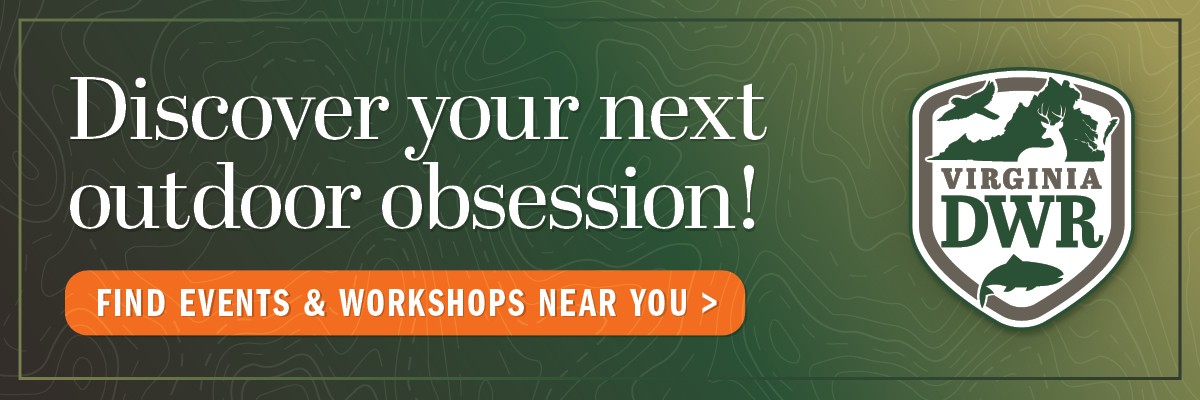
It’s critical for hunters to set high standards and observe fair chase ethics. Photo by Tig Tillinghast
By Denny Quaiff
“Conservation means development as much as it does protection. I recognize the right and duty of this generation to develop and use the natural resources of our land; but I do not recognize the right to waste them, or to rob, by wasteful use, the generations that come after us.” – Theodore Roosevelt –
After watching a movie on cable TV titled “The Rough Riders,” about the Spanish-American War of 1898 and the decisive Battle of San Juan Hill, a topic for a column came to mind. My grandfather served in the Spanish-American War and Colonel Theodore Roosevelt, who was later elected the 26th President of our country, led the charge in the battle of San Juan Hill.
Theodore Roosevelt is the only person to have ever received both the Nobel Peace Prize and the Congressional Medal of Honor, the two highest nationally recognized honors of war and peace. My grandfather, who was later a field commissioned officer in World War I, never talked much about his military service, but he always expressed the greatest respect for President Roosevelt. The movie was a graphic representation of Colonel Roosevelt leading his troops. Roosevelt was truly a warrior and stood the fight alongside his soldiers.

Theodore Roosevelt was one of the founders of the Boone and Crockett Club and served as the club’s first president. Roosevelt was a lifelong big game hunter who followed the ethics of fair chase very seriously.
President Roosevelt has always been of great interest to me. His commitment to conservation and fair chase ethics set a standard that is still upheld today by sportsmen’s organizations throughout the country. Roosevelt was very concerned about the slaughter of wildlife and influenced a group of friends to form a sportsmen’s club. In January 1888, after several months of discussion, the founders officially started a new organization named the Boone and Crockett Club, named after Daniel Boone and Davy Crockett. They elected Roosevelt as their president.
Daniel Boone and Davy Crockett were two of the most notable frontiersmen in American history. Both of these men exhibited wilderness education with survival skills under the worst of weather conditions and expertise as long-hunters. I can remember growing up and reading stories about these two famous buckskin hunters, and I applaud the founders for naming the Boone and Crockett Club after two American nimrod adventurers.
The initial membership of the club was limited to 100 men. Each member must have shot three different large game animals of American wildlife, such as bear, bison, caribou, cougar and moose. Boone and Crockett members committed to promote rifle hunting as a sport, to preserve large game by gathering statistics on their numbers and range, and to lobby for protective wildlife laws. The club’s goals were presented in their publication and through the influential Forest and Stream magazine, of which one of the club’s founders, George Bird Grinnell, was the editor.
One of Boone and Crockett’s big success stories was the Lacey Act of 1894, which enacted a federal bill to protect wildlife in Yellowstone National Park. Among the notable early members of the club were Elliott Roosevelt, J. West Roosevelt, William Tecumseh Sherman, Gifford Pinchot, and Aldo Leopold. It goes without saying that these were all strong conservation-minded leaders during this era, and their legacy has set high standards for all of us to follow.
Wikipedia tells us, “Fair chase is a term used by hunters to describe an ethical approach to hunting big game animals. North America’s oldest wildlife conservation group, the Boone and Crockett Club, defines ‘fair chase’ as requiring hunted big game animals to be wild and free-ranging. ‘Wild’ refers to an animal that is naturally bred and lives in nature. ‘Free-ranging’ means an animal that is not confined by artificial barriers.”
President Roosevelt was known as a hard hunter and took pride in the challenge. His hunts on the African continent for dangerous game have been well documented. The harder the hunt the better, and fair chase was always a priority. One of the many stories I can remember hearing about President Roosevelt and his adherence to fair chase was during his presidency in 1902, on a bear hunt, in the lowlands of Mississippi. Bear hunting with hounds was legal, and the guides felt it was in the President’s best interest for his safety to remain in camp until the hounds bayed.
The guides located the hounds, which had corned a small black bear. The guides caught and tied the bear to a tree. When the President arrived at the site, he refused to shoot the bear and demanded its release. He had the greatest respect for fair chase and knew this did not measure up to the high standards he had set for himself. President Roosevelt was a man that was known to “practice what he preached.”
In 1990, following Virginia’s first statewide special muzzleloader season, I was fortunate enough to harvest an 11-point buck. The animal qualified for The Long Hunter Society Record Book. The organization keeps records for North American big game animals that have been taken with a muzzleloader and meet their requirements. They use the Boone and Crockett scoring system and require a fair chase affidavit to be completed for entry. The purpose of the Boone and Crockett statement is to determine if any of the methods listed below were used to harvest the animal, which would make the entry ineligible.
Boone and Crockett Fair Chase Affidavit
I. Spotting or herding game from the air, followed by landing in its vicinity for the purpose of pursuit and shooting;
II. Herding or chasing with the aid of any motorized equipment;
III. Use of electronic communication devices (2-way radios, cell phones, etc.) to guide hunters to game, artificial lighting, electronic light intensifying devices (night vision optics), sights with built-in electronic range-finding capabilities (including smart scopes), drones/unmanned aerial vehicles (UAVs), thermal imaging equipment, electronic game calls or camera/timers/motion tracking devices that transmit images and other information to the hunter;
IV. Confined by artificial barriers, including escape-proof fenced enclosures;
V. Transplanted for the purpose of commercial shooting;
VI. Confined by artificial barriers, including escape-proof, fenced enclosures;
VII. While swimming, helpless in deep snow, or helpless in any other natural or artificial medium;
VIII. On another hunter’s license;
IX. Not in full compliance with the game laws or regulations of the federal government or of any state, province, territory, or tribal council on reservations or tribal lands.
When hunting free-ranging whitetails the thing that always comes to my mind is that hunters must consider their state game law regulations for a “fair chase” hunt. Hunters are in the watchful eye of public opinion and ethical hunting practices start by following game laws. While 95 percent of land in Virginia is owned by the public, only 5 percent of the population hunts it. It’s critical for hunters to set high standards. Today hunters have become the minority. The approval of the non-hunting public is a must for our long-term future.
However, there are certain guidelines for “fair chase” that reach beyond game law boundaries. One of the things that have always been a concern of mine is hunters that take long shots at running deer. Another concern is taking shots that are beyond the hunter’s comfort zone and out of range that often result in a wounded animal that is never recovered. I personally strive for a clean, quick kill and make sure my bow or gun is up to the test. The rest is my responsibility, which I take very seriously.
Today there are a number of conservation-minded organizations that have joined the Boone and Crockett Club, such as the Quality Deer Management Association, National Wild Turkey Federation, Ducks Unlimited, National Elk Foundation, National Rifle Association, and the Virginia Deer Hunters Association. I am proud to say that we have all joined forces in our common interest surrounding the future of hunting.
It’s my belief that most hunters today recognize the many challenges that we face. The thing that is most amazing to me is that over 132 years ago, the founders of the Boone and Crocket Club could see the “hand writing on the wall,” and they acted. The guidelines for Fair Chase Ethics are well established. It is our obligation to see that they remain in place!
©Virginia Deer Hunters Association. For attribution information and reprint rights, contact Denny Quaiff, Executive Director, VDHA.



